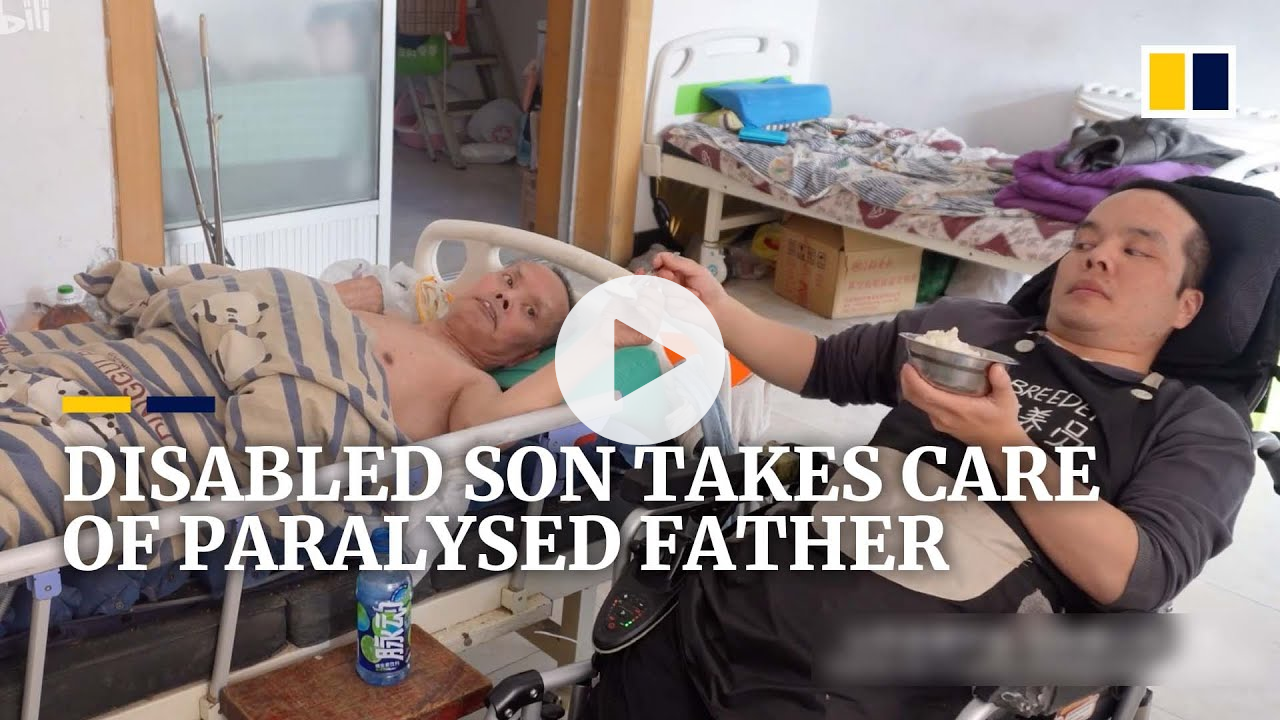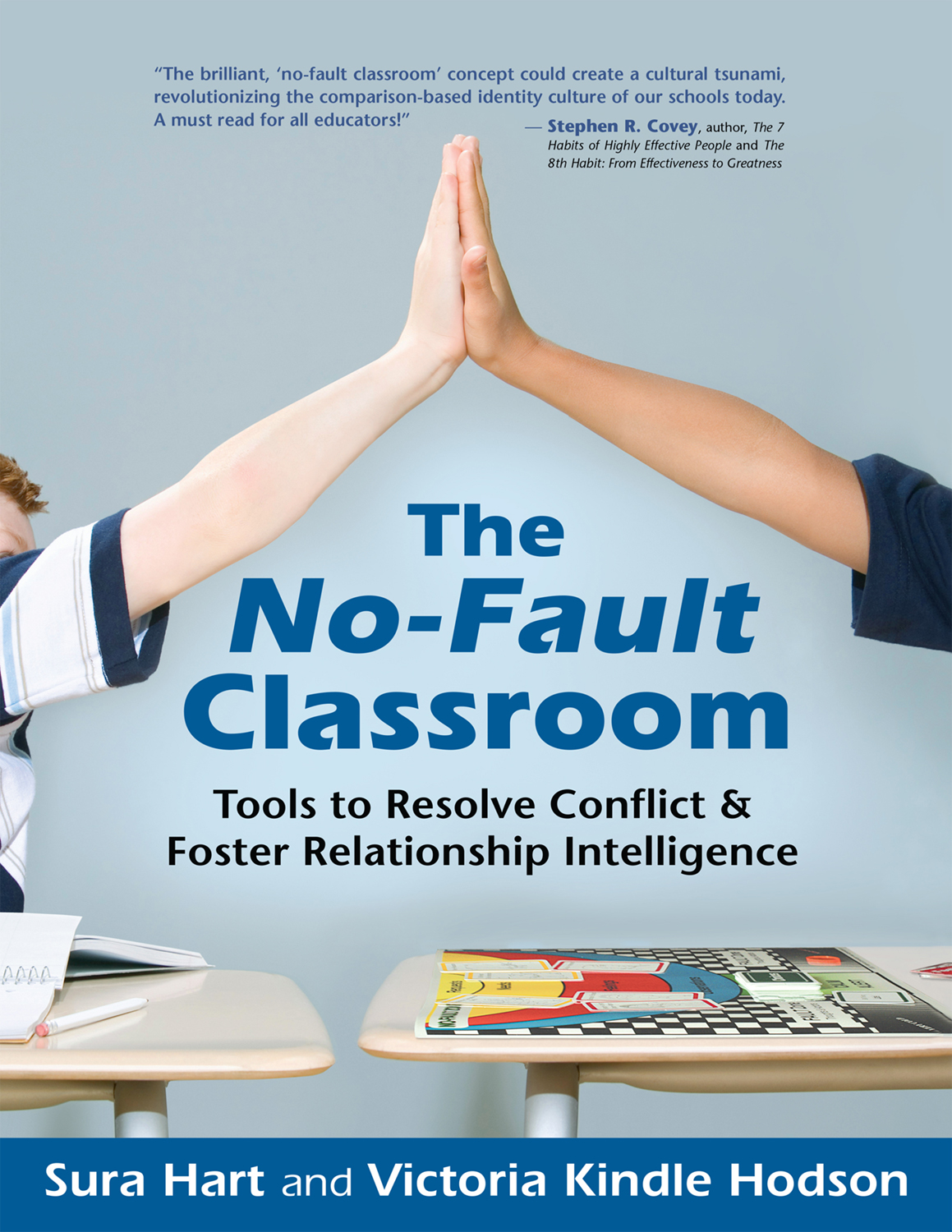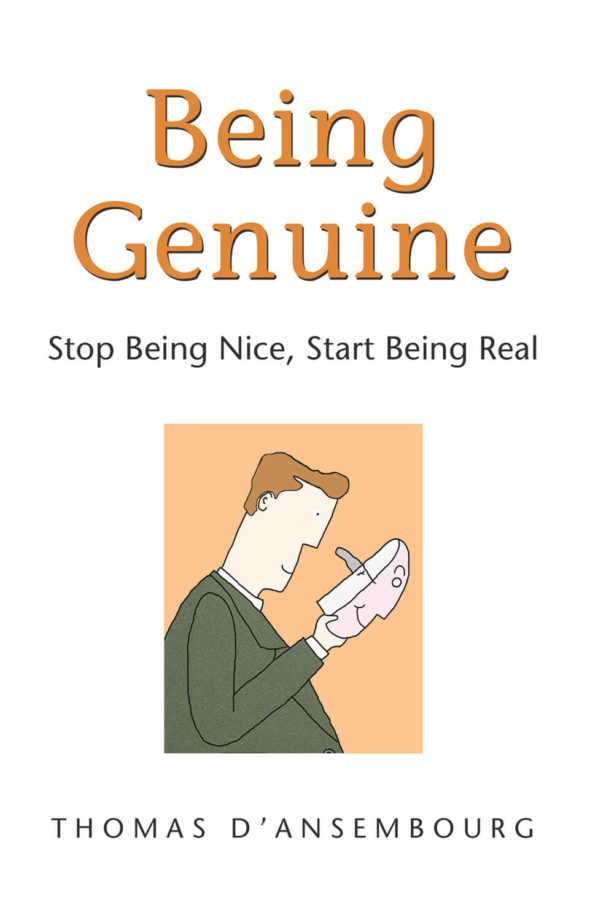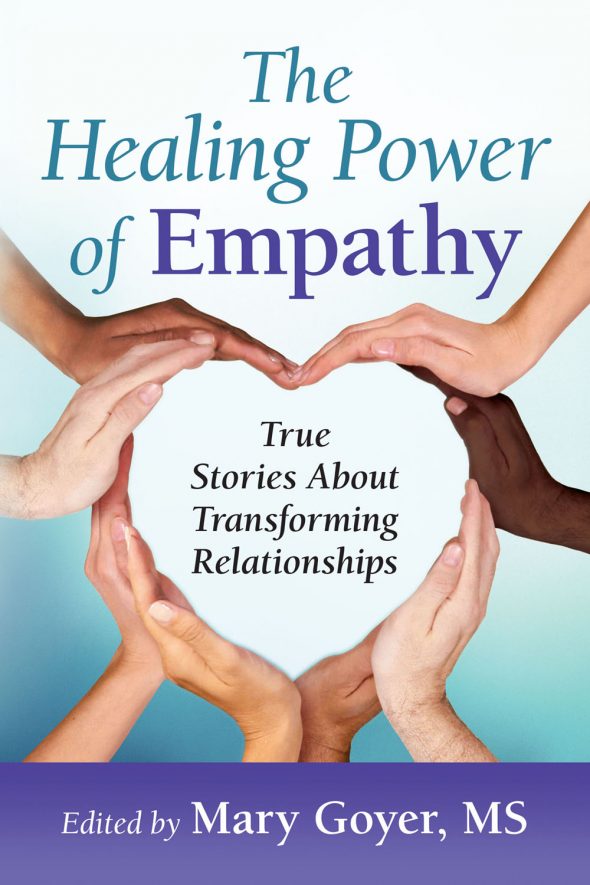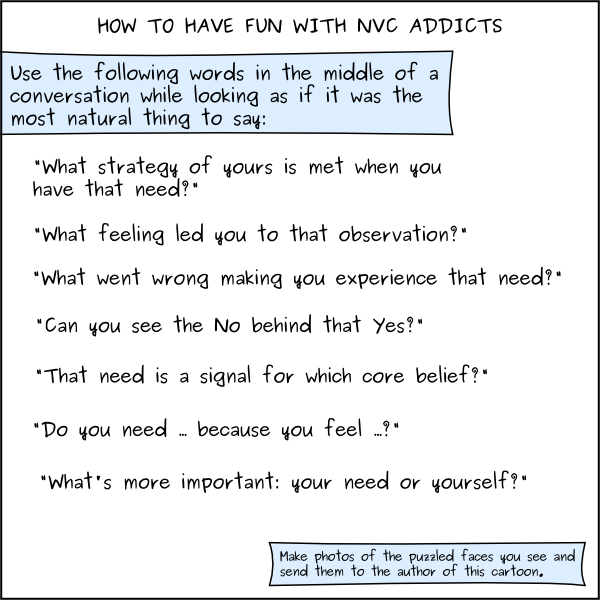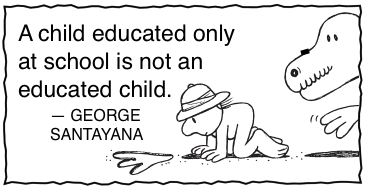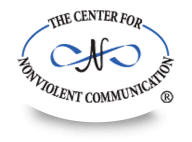|
|
|
|
NVC Monthly Newsletter
August 2022
|
We hope you find value in the resources we are providing today! We invite you to share with friends, family, colleagues, and others, if you believe they might also find value in this.
Our website covers over 35 different topics from an NVC perspective-all written by a senior certified trainer. Please read some to learn more.
If you are new to Nonviolent Communication please visit our page on the basics of Nonviolent Communication.
Please stay safe and healthy!
Thank you :)
PuddleDancer Press
What You'll Find in This Month's Newsletter:
You may click any section header to jump to that section. (This feature is not supported on all devices or for all email clients.)
- Nonviolent Communication and Politics
- Nonviolent Communication by Paide Hector, LMSW
50% OFF both full Retail and eBooks Price
- The No-Fault Classroom
- Being Genuine
- The Healing Power of Empathy
- Disabled son in China takes care of paralysed father
- NVC Academy
- The Center for Nonviolent Communication Trainings
- The No-Fault Classroom - Chapter 1
- Being Genuine - Chapter 1
- The Healing Power of Empathy - 3 Meaningful Stories
- Conflict Resolution Play - creative outlet for the youth
- Downloads
- Recommended Links
- ANVC(Almost Nonviolent Communication) Cartoons
- PuddleDancer Press Cartoon
- 8 of the best books for couples who want to strengthen their relationship, according to couples therapists - By Katherine Fiorillo | INSIDER
- Say it like you'd want to hear it - By Saranya Chakrapani | The Times of India
- Every Angry Message is a "Please"
- Becoming a CNVC certified trainer
- Guidelines for Sharing NVC for Individuals who are not Certified Trainers
- NVC TIP SERIES (Free daily and weekly tips)
- FREE RESOURCES
- NVC FACEBOOK GROUPS
- NEW ** NVC LINKEDIN GROUPS ** NEW
|
Nonviolent Communication and Politics
|
What is the connection between Nonviolent Communication and Politics?
Is there room in politics for Nonviolent Communication (NVC)?
Does Nonviolent Communication have a specific political agenda?
NVC aims for a world in which everybody’s needs are met and conflicts are resolved peacefully.
If inequality, poverty, violence, war, and ecological destruction exist as part of a political agenda, then it could be said that NVC has the opposite agenda.
However, in a very important sense, NVC is apolitical. How? Because we want to see, connect, understand, and work with human beings — not labels like liberal or conservative, or only with people from a specific political party...
Nonviolent Communication by Paige Hector, LMSW
Perhaps the title of this article caught your eye. Was your initial response something like, “Are you kidding? I do not use violence to communicate!” If so, you are not alone. This was my reaction as well when I was discussing a care plan with a colleague who informed me that its language was violent. In the moment, I was puzzled and, if I’m truthful, offended. I reread the care plan thinking I had missed something, that staff had written offensive or inappropriate words. My colleague went
on the clarify that nonviolent communication supports connection, a universal human need, yet elements of this care plan were punitive and fostered disconnection. My curiosity was piqued, and I began studying this way of thinking and communicating.
In 1984, Marshall Rosenberg, PhD, a psychologist, mediator, author, and teacher, created the nonviolent communication (NVC) process, based on the work of the psychologist Carl Rogers. Dr. Rosenberg founded the Center for Nonviolent Communication, which now has hundreds of certified trainers worldwide.
|
Disabled son in China takes care of paralyzed father
|
"Fear of punishment diminishes
self-esteem and goodwill."
Marshall Rosenberg
|
Nonviolent Communication Free Handouts and Links
|
"Expressing our vulnerability can help resolve conflicts."
Marshall Rosenberg
|
The No-Fault Classroom - Chapter 1
|
Being Genuine - Chapter 1
|
The Healing Power of Empathy - 3 Meaningful Stories
|
"The number one rule of our training is
empathy before education."
Marshall Rosenberg
|
|
Life Is Too Short to...
Always “play it
safe.”
Be “right” instead of
happy.
Compare yourself to
others.
Do “just enough” to get
by.
Engage your mouth when
angry.
Forget what’s really
important.
Give up on your
dreams.
Have a chip on your
shoulder.
Indulge in
extremes.
Just work for the
money.
Keep walking on
eggshells.
Look outside for
answers.
Make mountains out of
molehills.
Not learn from your
mistakes.
Obey all of the
rules.
Pretend to be someone you’re
not.
Quit when the going gets
tough.
Risk nothing, do nothing, be
nothing.
Stop asking
questions.
Try to please
everybody.
Use blame, shame, or
guilt.
Value things more than
people.
Wait for the other shoe to
drop.
Xperience life as a
spectator.
Yearn for the “good old
days.”
Zip right through
it.
© Meiji Stewart
| |
"Blaming and punishing others are
superficial expressions of anger."
Marshall Rosenberg
|
ANVC (Almost Nonviolent Communication) Cartoons
|
Conceived by Meiji Stewart. Illustrated by David Blaisdell.
|
CNVC is committed to the vision of a critical mass of the world's population using Nonviolent Communication (NVC) to resolve differences peacefully. A strong community of qualified trainers will play an important role in the realization of this goal.
|
The NVC Academy offers hundreds of affordable online personal growth courses and resources to learn Nonviolent Communication from home.
|
The Center for Nonviolent Communication
The Center for Nonviolent Communication (CNVC) is a global organization that supports the learning and sharing of Nonviolent Communication (NVC), and helps people peacefully and effectively resolve conflicts in personal, organizational, and political settings.
|
"Don’t hate the circumstance,
you may miss the blessing"
Marshall Rosenberg
|
"It may be most difficult to empathize
with those we are closest to."
Marshall Rosenberg
|
Stay Connected to the Values of Compassion With the Free 365 Daily Peaceful Living Meditations.
The only way to master love,
is to practice love.
—Don Miguel Ruiz
Every Angry Message Is a “Please”
Sometimes it is hard to remember, but every time someone speaks or acts in anger or frustration, he is saying “Please!” Consider the please when your child says, “We NEVER get to do what I want to do!” The child is saying: “Please, I want fairness and fun. I want to know that you care about my needs, too.” How about when your wife says to you as you walk in the front door: “Where have you been? I’ve been waiting for you for an HOUR!” Perhaps underneath this
statement, she is saying, “Would you please consider my needs for predictability, respect, and trust?”
OK, maybe these are too obvious. What is the “please” behind your boss’s statement? “This presentation was deplorable. The computer didn’t operate properly, the graphics were juvenile, and the timing didn’t work. I was embarrassed to present this to the Board, and it must not happen again.” Maybe she’s saying “please” to higher-quality presentations and maintaining a certain image with the Board.
The next time someone expresses their disappointment, frustration, or anger toward you, take a moment to consider the “please” behind their words. When you do this, you have a much greater opportunity to resolve conflicts peacefully.
When a person’s communication is difficult to hear, notice the “please” behind it. When you can hear it as “please,” does it shift how you feel?
|
- NVC TIP SERIES (Free daily and weekly tips)
- FREE RESOURCES
- NVC FACEBOOK PAGES
We hope you find value in our monthly newsletters. We would love to receive ANY feedback or suggestions you may want to share. Please let others know about our newsletter to help spread nonviolent communication, love, hope, humor and compassion, if you are willing :)
We want a more compassionate, equitable, peaceful, safe and healthy world.
Please be safe!
Warmly,
PuddleDancer Press
|
|
|
|
|
|
|
|
|
|




